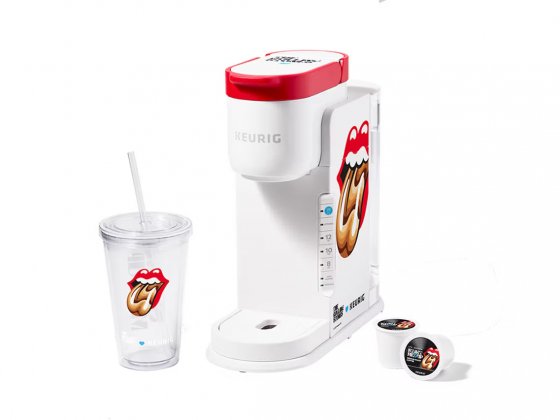A Swedish furniture manufacturer is leveraging technology from startup Optoro to improve reverse logistics processes.

The Optoro platform uses data analytics and machine learning algorithms to optimally distribute excess inventory across the plant network. At the same time, a full report on all ongoing processes is available to the user. As a result, it becomes possible to reduce the volume of products sent to landfill.
Optoro's official statement claims that the use of their technology will reduce waste on the 70% and on the 51% will reduce carbon dioxide emissions from shipping unsold surplus goods. In other words, this approach allows not only to reduce the costs of the enterprise, but also to reduce its impact on the environment. Previously published research by Arris Retail shows that $369 billion was lost in 2018 due to mishandling of product flows alone. But these reports do not include the environmental component of these losses.
All this fits into the latest aspirations IKEA become a greener and more economical company. And the optimization of logistics processes is one of the steps towards this. What investments will be made in technology Optoro, is not disclosed. But it is known that the project will still be in the testing phase, which will involve 50 retail stores and a customer support center in the United States. If everything goes smoothly, the program will be expanded and extended to other countries.
In an effort to be more environmentally friendly, IKEA has begun using electric trucks and vans for delivery. So far, only in Shanghai. The plans for 2020 include the “electrification” of Amsterdam, New York, Los Angeles and Paris. It should be noted here that Ikea does not own its own fleet and uses the services of third-party carriers that use a total of 10,000 vehicles worldwide. The company's goal is to convince partners to switch to electric transport.










